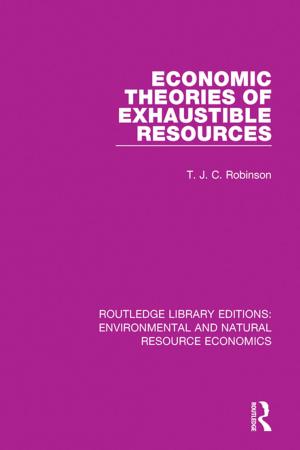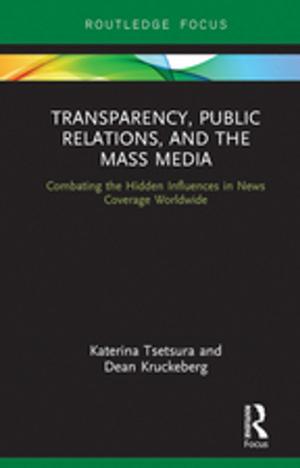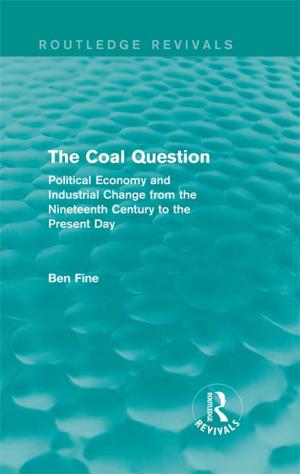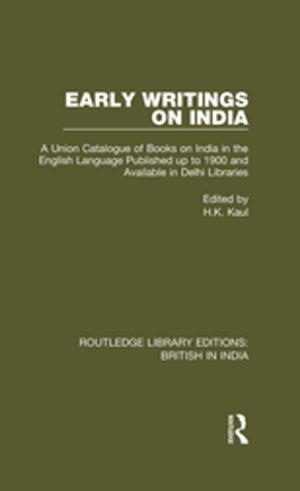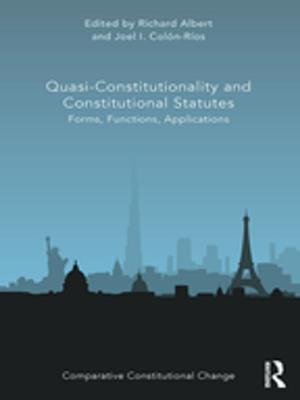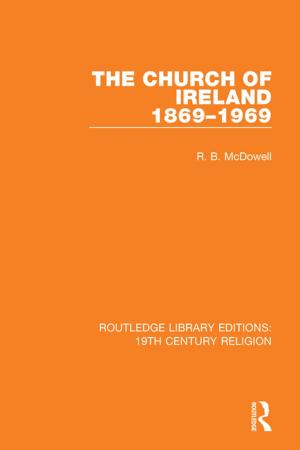State Capacity, Economic Control, and Authoritarian Elections
Nonfiction, Social & Cultural Studies, Political Science| Author: | Merete Bech Seeberg | ISBN: | 9781315473390 |
| Publisher: | Taylor and Francis | Publication: | March 9, 2018 |
| Imprint: | Routledge | Language: | English |
| Author: | Merete Bech Seeberg |
| ISBN: | 9781315473390 |
| Publisher: | Taylor and Francis |
| Publication: | March 9, 2018 |
| Imprint: | Routledge |
| Language: | English |
Although the phenomenon of authoritarian elections has been a focal point for the literature on authoritarian institutions for more than a decade, our understanding of the effect of authoritarian elections is still limited.
Combining evidence from cross-national studies with studies on selected cases relying on recent field work, this book suggests a solution to the "paradox of authoritarian elections". Rather than focusing on authoritarian elections as a uniform phenomenon, it focuses on the differing conditions under which authoritarian elections occur. It demonstrates that the capacities available to authoritarian rulers shape the effect of elections and high levels of state capacity and control over the economy increase the probability that authoritarian multi-party elections will stabilize the regime. Where these capacities are limited, the regime is more likely to succumb in the face of elections. The findings imply that although multi-party competition and state strength may be important prerequisites for democracy, they can under some circumstances obstruct democratization by preventing the demise of dictatorships.
This text will be of key interest to scholars, students and practitioners of democratization, and to those who study autocracy and electoral authoritarianism, as well as comparative politics more broadly.
Although the phenomenon of authoritarian elections has been a focal point for the literature on authoritarian institutions for more than a decade, our understanding of the effect of authoritarian elections is still limited.
Combining evidence from cross-national studies with studies on selected cases relying on recent field work, this book suggests a solution to the "paradox of authoritarian elections". Rather than focusing on authoritarian elections as a uniform phenomenon, it focuses on the differing conditions under which authoritarian elections occur. It demonstrates that the capacities available to authoritarian rulers shape the effect of elections and high levels of state capacity and control over the economy increase the probability that authoritarian multi-party elections will stabilize the regime. Where these capacities are limited, the regime is more likely to succumb in the face of elections. The findings imply that although multi-party competition and state strength may be important prerequisites for democracy, they can under some circumstances obstruct democratization by preventing the demise of dictatorships.
This text will be of key interest to scholars, students and practitioners of democratization, and to those who study autocracy and electoral authoritarianism, as well as comparative politics more broadly.


